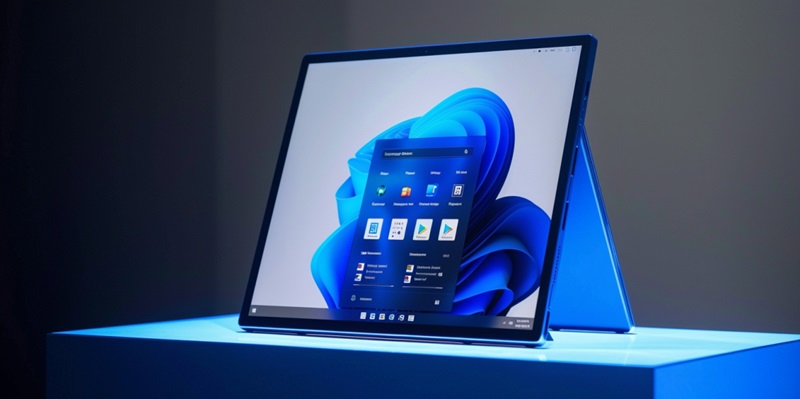Operating system updates are meant to enhance the user experience by introducing new features, fixing existing issues, and improving performance. However, sometimes the cure can be the cause of a different ailment. This was the case with the recent KB5003637 update for Windows 11, which, instead of smoothing out creases, introduced a frustrating glitch that affects the taskbar. Users have reported varying degrees of disruption, from the taskbar disappearing to becoming unresponsive or having its visibility intermittently compromised. The issue is significant enough that it can dramatically affect productivity and the overall user experience, prompting an urgent response from Microsoft.
Identifying and Understanding the Glitch
The core of the issue lies in an optional, non-security preview update to Windows 11. Users affected by this bug might notice telltale signs within their system’s Event Viewer, where an ‘Event ID 1000’ highlights the troublemakers ‘Explorer.EXE’ and ‘Taskbar.dll’ as the faulting application and module. Microsoft’s acknowledgment of these complications is vital as it demonstrates transparency and a willingness to address the problem head-on. With the tech giant’s reputation hinging on the reliability of its operating system, it’s critical for them to swiftly provide a remedy.
The nature of this glitch means that while users grapple with an unreliable taskbar, Microsoft has been mobilizing its resources to mitigate the effects of the troublesome update. The Known Issue Rollback (KIR) is their solution of choice, an automatic fix designed to effectively wind back time on the update’s changes. This rollback is quite an impressive feat of Microsoft’s update infrastructure, as it enables the company to undo specific update features without users needing to do any heavy lifting.
Rollback and Resolution Strategies
Updates to operating systems are designed to elevate the user experience through the addition of fresh features, rectification of bugs, and a boost in performance. Yet occasionally, these updates can backfire, causing new complications that are counterproductive to their purpose. A recent instance is the KB5003637 update rolled out for Windows 11. Far from ironing out old kinks, it has regrettably introduced a problematic anomaly that’s putting a damper on the taskbar’s functionality. User reports vary, indicating an array of disruption extents—from a vanishing taskbar to instances of it freezing up or experiencing intermittent visibility issues. The severity of this problem can’t be understated, as it bears the potential to significantly hinder productivity and degrade the overall experience of Windows 11. This has placed Microsoft in a position where a swift and effective solution is required to rectify the bug introduced by this latest update.

